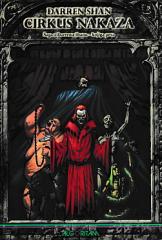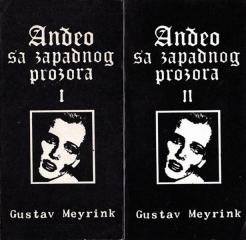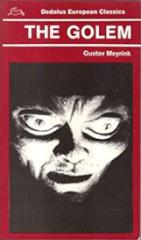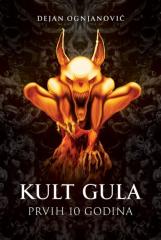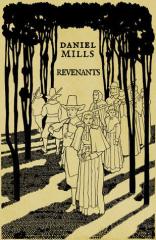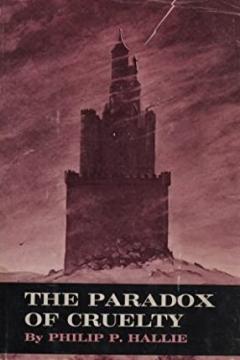
Paradox of Cruelty
An exploration of the infliction of pain, and its problem for human life, using examples from art and literature. Why do most people oppose cruelty in the abstract yet there are so many examples of cruelty in fact?
"Ethics is the way the weak limit the strong, not simply the way the strong philosophize amongst themselves. (...)the victim, though physically powerless compared with the villain, may be spiritually or mentally powerful compared to him, and the spiritual resistance she offers limits his power and eventually helps terminate it."
"In order to victimize a creature you have to have it ‘in your power’ – you have to sequester it. If that creature could get away or get help it would no longer be passive enough to be a victim – it would be an active enemy or an active, running prey. The main elements of cruelty are action and passion, doing and undergoing, and an active victim does not have the passivity that slow maiming demands."
"[O]ne of the key ideas of [Frederick] Douglass’s autobiography: … The opposite of cruelty is freedom. The victim does not need the ultimately destructive gift of kindness when offered within the cruel relationship. He needs freedom from that relationship."
One copy is available
- Signature of previous owner

